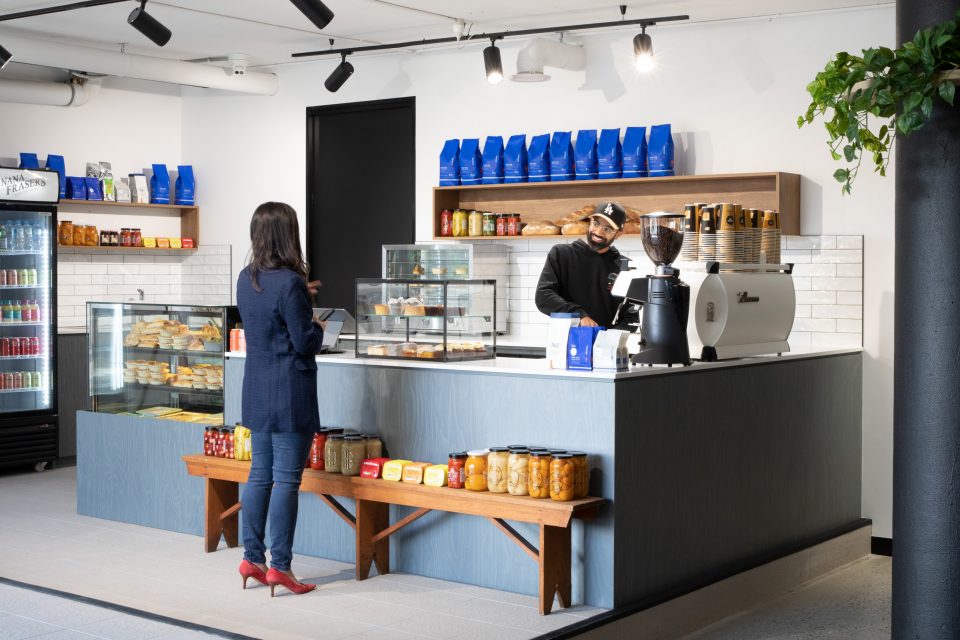What Is Coworking?

Coworking is defined by Oxford as…
“The use of an office or other working environment by people who are self-employed or working for different employers, typically so as to share equipment, ideas, and knowledge.” – Oxford Dictionary
There is much debate as to whether it is spelt “co-working” or “coworking,” with the answer to such setting the precedent for the underlying philosophy. Coworking is its own entity, a new being. Thus, it has been argued that it should not base itself on traditional terms, to which it has little relation.
What is the history of coworking?
The origins of coworking may be traced back to 1995, with C-base. Found in Berlin, this was one of the first hackerspaces. The intent was to share thoughts and information to aid tasks. In 2002, they enabled WiFi networks to be available, and contested for free public access to the internet. Today, there are hackerspaces in San Francisco, Santa Clara and Brooklyn, with the hackerspace movement continuing to proliferate today.

Image Credit: © Raimond Spekking / CC BY-SA 4.0 (via Wikimedia Commons)
The very essence of coworking may dually be captured by Brad Neuberg, software engineer and creator of the first “coworking space.” As stated by Coworking Resources, Neuberg sought to find a way to combine the feeling of independence and freedom of working by himself with the community feel and structure of working with others.
So, what does coworking look like?
Layouts and aesthetics differ across companies. However, there are a few fundamental settings which frequent these spaces. Firstly, there is the dichotomy between open and private. That is, “hot” desks where members share common areas, and dedicated rooms or areas pertaining to one individual or company.
Also, there are vertical-specific spaces. These are more niche, in that workers exist within one industry. Alternatively, there are venture firms, which offer incentives (whether it be capital or reduced rent), in return of acquiring equity in the companies that operate under their roof.
Clearly this is a successful initiative. As elicited by Coworking Insights, the number of coworking spaces worldwide is projected to reach nearly 25,000 by the end of this year and surpass 40,000 by 2024. Whilst there are titan companies such as Impact Hub and WeWork, independent coworking businesses are beginning to scale up on an international scale, whilst corporations are investing in coworking subsidiaries.
WHAT ARE YOU WAITING FOR?
Join the family & recharge your innovative mind, please call (03) 7064 9669 or email [email protected]




